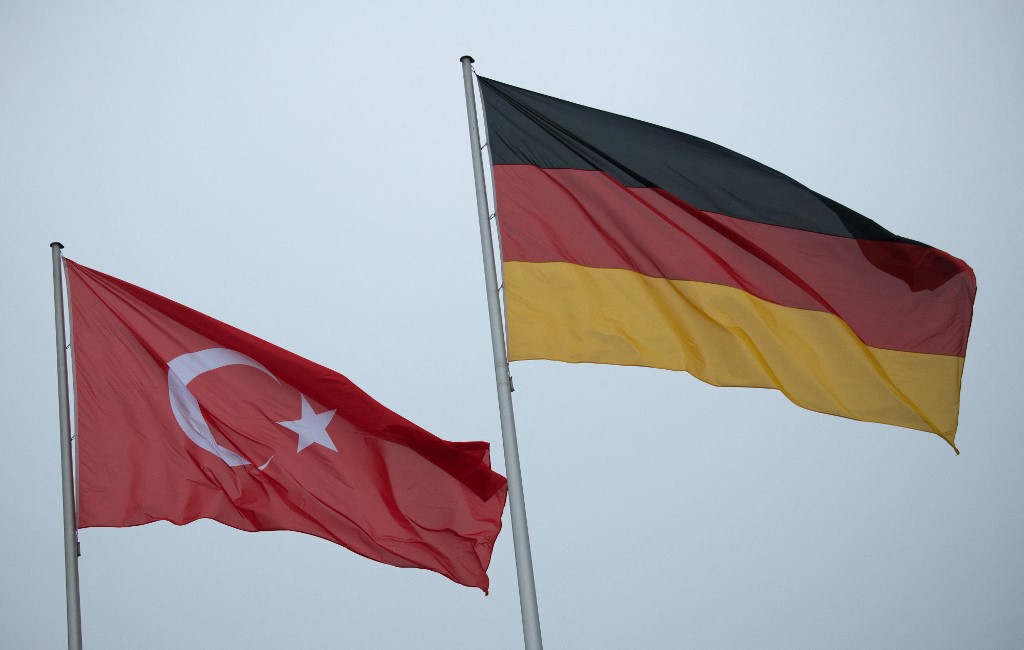A German law holding companies accountable for human rights and environmental violations in their supply chains that will enter into force on Jan. 1, 2023 will determine the future of Turkish exports to Germany and will be a turning point in Turkey’s economy, Deutsche Welle Turkish edition reported on Friday.
The Supply Chain Due Diligence Act, which was approved in June 2021 by the parliament of Germany, the EU’s largest economy and Turkey’s number one trading partner, will affect not only German companies but also thousands of Turkish businesses with which these companies have trade relationships as well as the performance of Turkey’s economy, DW said.
Bilateral trade between Germany and Turkey stands at around €41 billion, and there are more than 7,800 German companies or Turkish firms with German equity operating in Turkey, employing hundreds of thousands of people.
However, if Turkey wants to develop its economic relations with its most important foreign trade partner or even preserve its existing economic relations, it will have to comply with the standards stipulated for human rights and environmental protection by the law that will come into force in 2023, according to DW.
Samuel Doveri Vesterbye, managing director at the European Neighbourhood Council (ENC), an independent think tank, told DW that the new period that will begin in Turkish-German economic relations on Jan. 1 would be an important turning point for the Turkish economy.
Vesterbye pointed out that the new law would determine both the future of Turkish-German economic relations and the position that Turkey will assume in reshaping the global supply chain of Europe.
According to Vesterbye, the law binds the economic relations, investments and trade of German companies to the “condition of protecting human rights and environment,” which includes not employing child labor, complying with occupational health and safety rules, respecting union rights, not causing air pollution, not polluting soil and water resources and not transporting waste in a way that harms the environment.
Compliance with these new rules will be “a tough test” for industrialists and manufacturers in Turkey, DW said, since they are already experiencing great difficulties due to the controversial economic policies of President Recep Tayyip Erdoğan, the increasing political tension in the country before the elections and the turmoil in the global economy.
Initially, the law will apply to companies that have their administrative headquarters and at least 3,000 employees in Germany. As of January 2024, it will also apply to companies with at least 1,000 employees in Germany.
Failure to comply with the law’s obligations may result in administrative fines against the company up to €8 million for each violation, and for companies with an average annual turnover of more than €400 million the law will allow for fines of up to 2 percent of average annual global turnover, DW said, adding that non-compliance with the law can also result in exclusion from public tenders for up to three years.
Noting that the German market is of “vital importance” for President Erdoğan and that he cannot overlook this law and its possible consequences, Versterbye added: “Elections are expected to be held next year. … Whether he wants to or not, he has to attach importance to the fulfillment of these criteria in order to keep the economy afloat.”
Widespread informality in some business sectors, illegal employment of Syrian refugees and them being paid below the minimum wage, child labor, deficiencies in the recognition of union rights, failure to take adequate measures for worker health and safety, failure to take the necessary steps to protect the environment and the violence used by the security forces against those protesting such violations are some of the most important work-related problems faced in Turkey.



